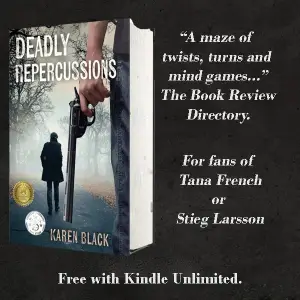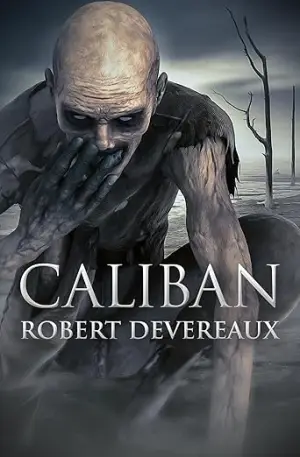A Journey Through Rebirth: My Thoughts on The Lovely Return
When I first stumbled upon The Lovely Return by Carian Cole, the promise of a reincarnation-amnesia-romance gripped my curiosity. There’s something undeniably captivating about stories that explore love across lifetimes, and I was eager to see how Cole would navigate this intricate theme. What followed was a whirlwind of emotions—happiness, sadness, and everything in between—minus a few hiccups that took me by surprise.
The Lovely Return kicks off with a very powerful prologue featuring a talented painter, the heroine, who is about to give birth to the hero’s baby. The emotional stakes are already high as tragedy strikes, leading to heartbreak for our hero, who spirals into a depression for the next two years. This backstory serves as a poignant momentum, setting the stage for what I hoped would be a profound exploration of love and loss.
However, as I turned the pages, I found myself grappling with the narrative’s tonal shift around the 100-page mark. What initially felt like a gripping blend of drama and romance began to slide towards the melodramatic. Without giving too much away, the supposed "big revelation" at the story’s climax felt anticlimactic; I found myself muttering, “we all saw that coming from page five.” Still, I pressed on, curious about where the romance would lead, especially with the reincarnation twist—our heroine turns out to have a magical connection to her past life.
Speaking of "weird," there’s an undeniable complexity woven into the plot with the introduction of a little girl who bears a striking similarity to our heroine. She seems to possess an uncanny knowledge of the hero’s life—his favorite foods, his home, even his dog’s name! This peculiar attachment raised my eyebrows, making me nervous about how the dynamics between the characters might unfold. Thankfully, while the age gap and relationship nuances made me uncomfortable at times, Cole thoughtfully refrains from crossing lines until the characters mature more in their individual journeys.
Even with these reassurances, I couldn’t shake the feeling of repetitiveness, especially as the pacing felt agonizingly slow—each chapter marked by the passing years without substantial forward momentum in the plot. The romance, while intended to blossom, felt stifled by the incessant family drama that wandered into the narrative like an unwelcome guest.
Despite its flaws, The Lovely Return manages to touch on worthwhile themes, like healing and the endurance of love, wrapped up in a thirty-percent glimpse of our protagonists finally uniting. And for those who appreciate a conclusive epilogue filled with family joy, that moment of resolution offers a sweet payoff.
Overall, I’d rate The Lovely Return a 6/10—not a resounding recommendation, but certainly a note-worthy journey for fans of amnesia and reincarnation tropes. This book may resonate with readers who enjoy slow-burn romances with supernatural elements, but I’d suggest going in with tempered expectations about pacing. For me, it was a medley of beautiful moments and frustrating lulls, reminding me that love is ever-patient—but sometimes, so is a reader’s attention span.






